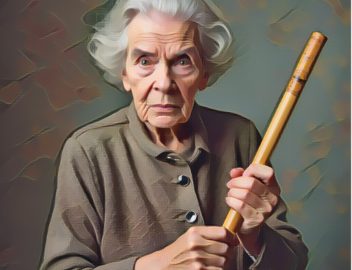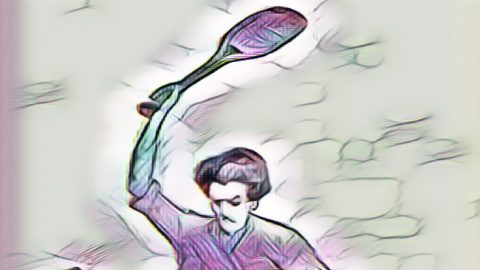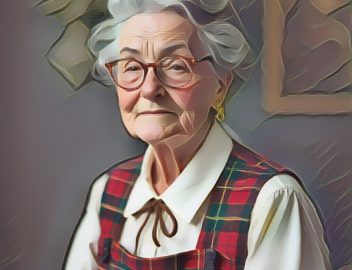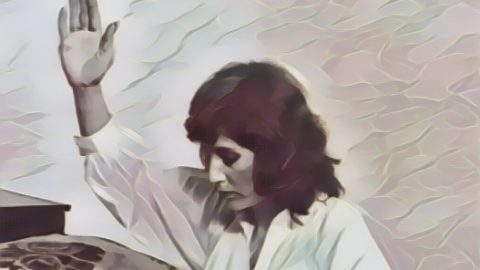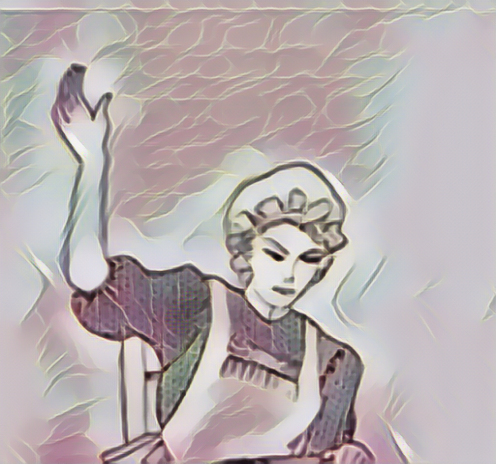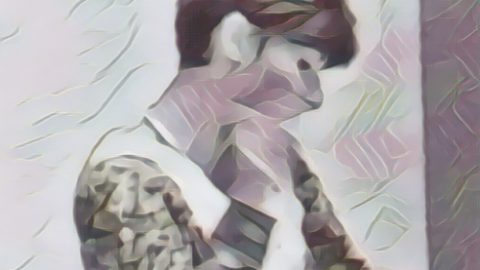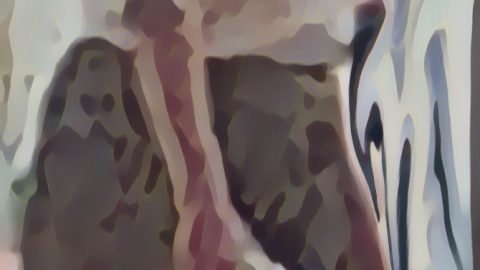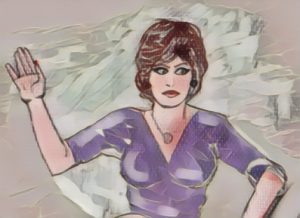
(gap: 2s) Before we proceed, allow me to introduce the principal figures in this Sunday recollection, each one shaped by the times and the enduring ties of family.
There is Aunt Linda, the matriarch of the occasion—her name as dignified as her sense of duty. In her early forties, she is a woman of quiet fortitude, known for her fairness and her steadfast resolve. Her voice is often gentle, but when discipline is required, it carries the unmistakable ring of authority.
Beside her stands my grandmother, Margaret, a pillar of tradition and gentle wisdom. She is the silent observer, her presence lending a certain gravity to every family gathering.
Then there is Michael, my cousin—ten years of age, with a mop of brown hair and a reputation for mischief. He is stubborn, quick to protest, but his bravado often conceals a sensitive heart.
Susan, my younger sister, is eight, shy and sweet-natured, always seeking comfort in the familiar. She clings to me in moments of uncertainty, her loyalty unwavering.
And finally, there is myself—David, the narrator of this memory. At eleven, I am caught between the innocence of childhood and the first stirrings of guilt and responsibility. I observe, I remember, and I bear the weight of secrets.
Together, we form the cast of this Sunday lesson, each playing our part in a story as old as family itself.
The moment Aunt Linda’s voice rang out, clear and unwavering, the atmosphere in the room seemed to solidify. “All three of you—come here at once!” she commanded, her tone leaving no room for argument. My heart thudded in my chest, a wild, fluttering thing, as we shuffled forward, Susan’s hand clutching mine, Michael’s jaw set in a determined line. The adults—Aunt Linda and my grandmother—stood side by side, arms folded, their faces grave with disappointment. The room, usually so warm and inviting, now felt as cold and formal as a church nave on a winter’s morning.
(short pause) Aunt Linda’s eyes, ordinarily so gentle, were now steely with resolve. She surveyed us, her gaze lingering on each face, searching for a flicker of guilt. The silence was thick, broken only by the faint ticking of the grandfather clock in the hallway. I felt the weight of my secret pressing down, but I dared not speak. Michael, ever the scapegoat, shifted uneasily, his cheeks flushed with indignation.
(pause) “If no one confesses,” Aunt Linda declared, her voice trembling just slightly, “then all three of you shall be punished.” The threat hung in the air, heavy and real. I could see the reluctance in her eyes—she was not a harsh woman, but she believed in fairness, in lessons learned. Still, the prospect of such a public reckoning was almost too much to bear.
(short pause) In the end, it was Michael who broke first. His reputation for mischief had always preceded him, and now it betrayed him utterly. “It was not I!” he protested, his voice cracking, but Aunt Linda had already made up her mind. The look he gave me—hurt, betrayed, and pleading—has haunted me ever since.
(pause) Aunt Linda’s preparations were brisk, almost ceremonial in their efficiency. She reached for the slender stick—a switch, really, no longer than a flute, but infinitely more menacing in that moment. Michael’s eyes widened in terror, and he attempted to dart away, but Aunt Linda was swift. She caught him by the arm, her grip firm but not unkind, and guided him to her side.
(short pause) With practiced hands, she seated herself on the edge of the old armchair, the faded floral cushion creaking beneath her. Michael’s struggles grew frantic as she unfastened his trousers and slid them down, exposing his small, trembling form. The vulnerability of that moment was almost unbearable to witness. Susan and I clung together, our own fear mingling with a strange, helpless sympathy.
(pause) Aunt Linda lifted Michael across her lap, his legs kicking in protest, his face already streaked with tears. She pressed him down gently but firmly, her left arm pinning his waist, her right hand poised with the stick. The room seemed to shrink, the walls closing in, every sound amplified—the rustle of fabric, the soft sobs, the steady tick of the clock.
(short pause) The first stroke landed with a sharp, unmistakable snap. Michael’s cry was immediate, raw and piercing, echoing off the walls. Aunt Linda’s face was set, her jaw clenched, but her eyes glistened with unshed tears. She was not immune to his suffering, but she believed, as so many women of her generation did, that discipline was a necessary kindness.
(pause) Each stroke was delivered with measured firmness, never hurried, never cruel. Michael’s protests soon gave way to desperate promises—“I am sorry! I shall be good! Please, Aunt Linda!”—but the punishment continued, as brief as it was intense. His legs kicked, his hands grasped at the air, but Aunt Linda held him fast, her own composure wavering only at the very end.
(short pause) I watched, transfixed, my own cheeks burning with shame and relief. I could not imagine enduring such a spectacle, exposed and powerless before an audience. The memory of Susan’s earlier spanking flickered in my mind—her nervous giggles, her mother’s distracted scolding—but this was different. This was a reckoning, a lesson written in red across Michael’s skin.
(pause) When it was over, Aunt Linda released him gently, smoothing his hair with a trembling hand. Michael scrambled to his feet, his face blotchy with tears, his dignity in tatters. He glared at us, at me in particular, and I felt the first true pang of guilt. I had allowed him to take my punishment, and the knowledge settled over me like a heavy shawl.
(short pause) Aunt Linda’s own hands shook as she set the stick aside. She gathered Michael into her arms, whispering words of comfort, her sternness melting away. “It is over now, dear. It is over.” The room slowly returned to itself, the tension ebbing, replaced by a hush of exhausted relief.
(pause) If you have ever been spanked as a child—truly spanked, with no hope of reprieve—you will understand the peculiar blend of fear, humiliation, and strange fascination that lingers long after the pain has faded. As adults, we may look back with a wry smile, but in that moment, we are utterly at the mercy of those who love us most.
(short pause) That Sunday afternoon, in the quiet aftermath, I learnt something about justice, about loyalty, and about the complicated love that binds families together. The memory of Michael’s ordeal, and my own silent complicity, would remain with me for years to come—a lesson as indelible as any sermon ever preached from a pulpit.

